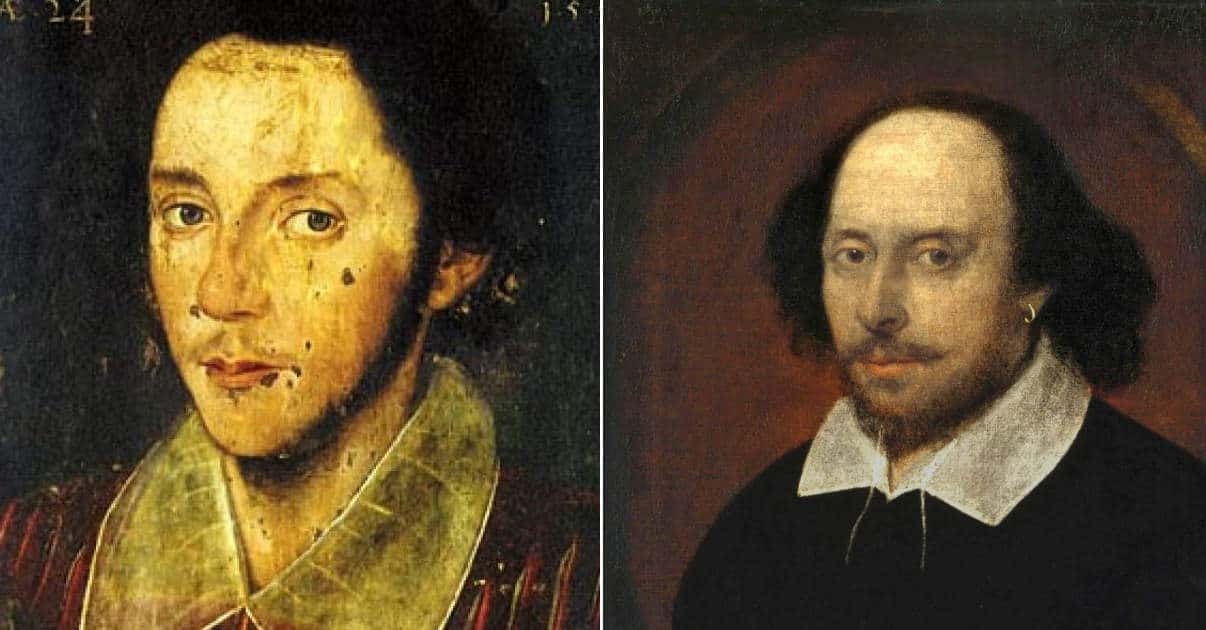William Shakespeare is a big deal. He’s the most famous writer of all time, in any language, and his plays are performed more than anyone else’s. It’s pretty good going, considering how little the vast majority of people know about the man himself, and how little was expected of him when he entered the world on April 23, 1564 – or around then at least, more on which later.
Shakespeare, in the context of his time, was up against it. He was born into a wealthy – though ever-diminishing in wealth, which we will again cover later – family, which meant that, unlike most people, he actually did go to school, but that was about the only advantage with which he was born. He was brought up in Stratford-upon-Avon in the English county of Warwickshire, a town then as now only famous for its association with the Bard, and thus a million miles away from the seat of English power and English culture, London. He was the third child of John Shakespeare, a local glove maker and town alderman. He was educated, but predominantly in Latin and Greek, and as such, had little expected of him in terms of life achievements. Most men of his age, his birth and his upbringing never left the towns in which they were born and never amounted to much at all.
Suffice to say, Shakespeare did and made himself one of the greatest men of all time. While his background was not fortunate, his times were: he lived at the cusp of two ages, between the death of old, Catholic, feudal England and the birth of a new, Protestant, mercantile nation that would become the Britain that ruled the waves and dominated Europe. Economically, socially, culturally and religiously, the England into which Shakespeare was born was changing at a rapid rate, a change that is reflected in the conflicts and storylines of his plays.
There is so much written about Shakespeare, but so little known about the man himself. How did he come to such prominence? What was he like as a person? Who did he know and who did he care about? All these and more we will seek to answer in this article: 11 Things You Never Knew About William Shakespeare.

